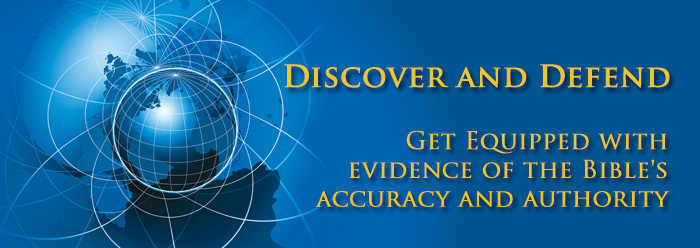created
Genesis 1:1
1:1 created. No other cosmogony, whether in ancient paganism or modern naturalism, even mentions the absolute origin of the universe. All begin with the space/time/matter universe, already existing in a primeval state of chaos, then attempt to speculate how it might have “evolved” into its present form. Modern evolutionism begins with elementary particles of matter evolving out of nothing in a “big bang” and then developing through natural forces into complex systems. Pagan pantheism also begins with elementary matter in various forms evolving into complex systems by the forces of nature personified as different gods and goddesses. But, very significantly, the concept of the special creation of the universe of space and time itself is found nowhere in all religion or philosophy, ancient or modern, except here in Genesis 1:1.
Appropriately, therefore, this verse records the creation of space (“the heaven”), of time (“in the beginning”), and of matter (“the earth”), the Tri-universe, the space/time/matter continuum which constitutes our physical cosmos. The Creator of this tri-universe is the triune God, Elohim, the uni-plural Old Testament name for the divine “Godhead,” a name which is plural in form (with its Hebrew “im” ending) but commonly singular in meaning.
The existence of a transcendent Creator and the necessity of a primeval special creation of the universe is confirmed by the most basic principles of nature discovered by scientists:
(1) The law of causality, that no effect can be greater than its cause, is basic in all scientific investigation and human experience. A universe comprising an array of intelligible and complex effects, including living systems and conscious personalities, is itself proof of an intelligent, complex, living, conscious Person as its Cause;
(2) The laws of thermodynamics are the most universal and best-proved generalizations of science, applicable to every process and system of any kind, the First Law stating that no matter/energy is now being created or destroyed, and the Second Law stating that all existing matter/energy is proceeding irreversibly toward ultimate equilibrium and cessation of all processes. Since this eventual death of the universe has not yet occurred and since it will occur in time, if these processes continue, the Second Law proves that time (and, therefore, the space/matter/time universe) had a beginning. The universe must have been created, but the First Law precludes the possibility of its self-creation. The only resolution of the dilemma posed by the First and Second Laws is that “in the beginning God created the heavens and the earth.” The so-called big bang theory of the origin of the cosmos, postulating a primeval explosion of the space/mass/time continuum at the start, beginning with a state of nothingness and then rapidly expanding into the present complex universe, contradicts both these basic laws as well as Scripture.




